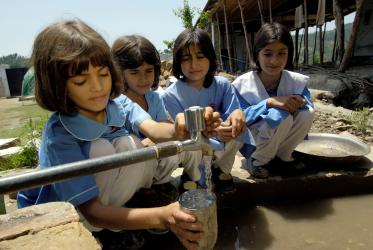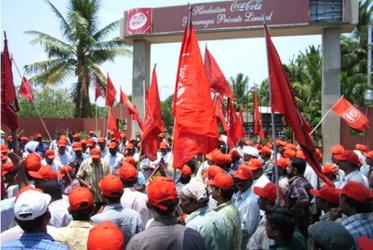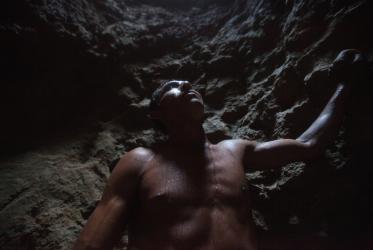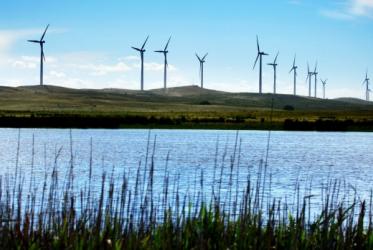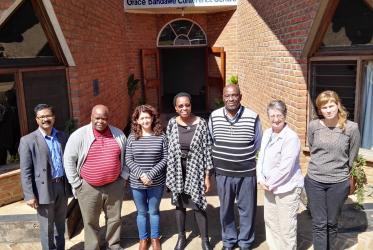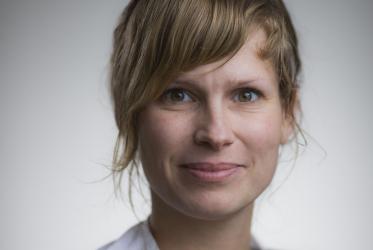Displaying 1 - 20 of 29
“Faith Community is a Blue Community” - WCC official side event at the UN Water Conference
22 March 2023
UN Church Center, 777 United Nations Plaza, New York and online via Zoom
Water as a divine gift, and justice issue
08 September 2022
Groundwater is “a political question”
27 April 2022
Groundwater: a hidden treasure we need to protect, say EWN members
28 February 2022
Climate crisis fuels existing water injustice
27 October 2021
Rethinking Ecological Relationships in the Anthropocene era
11 - 13 February 2021
Emily Welty: tide of hope for a world free from nuclear weapons
19 September 2017

